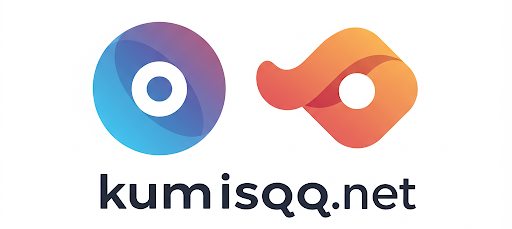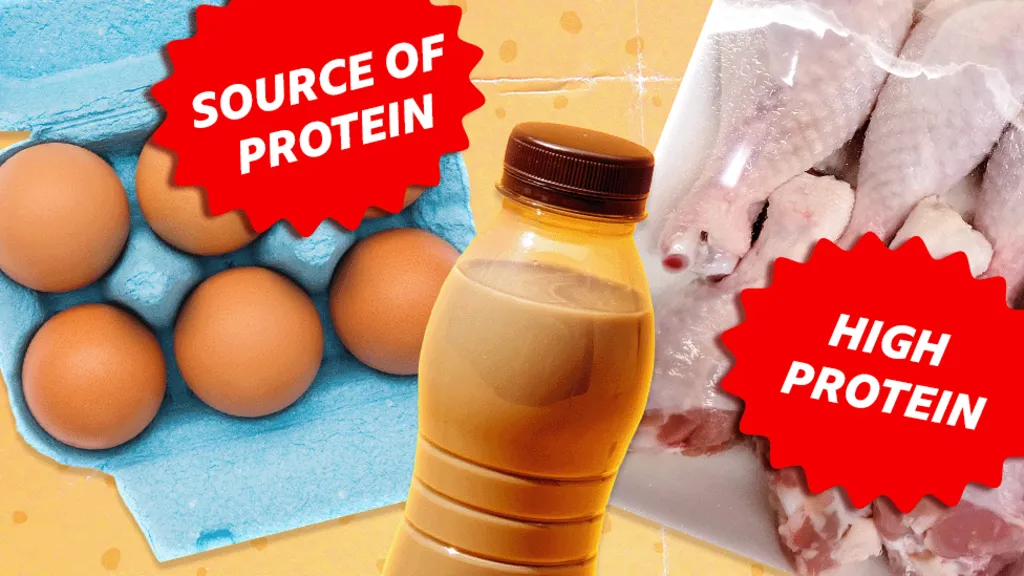"High-protein" versions of snacks and food staples are all over our supermarket shelves – from pancakes and pasta, to rice pudding and oven pizza.
Celebrities are getting in on the act too. Khloe Kardashian unveiled Khloud Protein Popcorn a fortnight ago, which she described as "the perfect combination of a tasty snack and a boost of protein to fuel your day", while Zac Efron promoted a protein-rich porridge in January.
But is this increased advertising of protein just a marketing gimmick or are these products actually useful if you're trying to build muscle or live a healthy life? And is it worth the extra cost?
Sales of them are rising; figures shared with BBC News by the research agency Mintel show that, excluding sports nutrition items, 8.3% of food product launches made claims about being a source of protein, or having high levels of it, in the first three months of 2025.
That was up from 6.1% in 2024 and 4.6% the year before.
Kiti Soininen, a research director at Mintel, says protein claims are being added to food with naturally high levels of the nutrient, like chicken breasts and pulses, but also on products you wouldn't expect.
"Mousses, desserts, granola, pancakes, even the odd pizza, are coming through with a high-protein claim," she says. "Protein is enjoying a bit of a 'health halo' at the moment."
Ethan Smith, a personal trainer in Liverpool, says high-protein diets are necessary for building muscle but that it ought to be done without the high protein snacks and drinks you see in shops.
"I'm a huge believer that there is nothing better than whole foods," he says. "You can get the protein that you need from vegetables and lean meats."
He believes the convenience of high-protein snacks, combined with the positive perception of the nutrient among customers, has led to manufacturers using protein as a marketing tool.
For manufacturers to claim their product is a source of protein, they must show regulators at least 12% of its energy value is provided by protein. To make a claim that a product is high in protein, the figure is 20%.
To help reach these scores they can add protein-rich ingredients to their products, like nuts and pulses, or make them more dense by removing water.
"When someone in a rush is getting a meal deal for lunch, you can see why they would reach for a protein bar or drink instead of two boiled eggs," he says. "In my 12 years as a personal trainer, I've never seen as much hype around the benefits of protein as I am now."
The benefits of protein range from muscle building and sports performance to helping with weight loss by suppressing appetite and helping women during pregnancy.
If you're trying to build muscle you need to consume around 1.6g of protein per kilogram of your body weight each day, says Dr Paul Morgan, a university lecturer in human nutrition.
He says for the average person trying to ensure their general health, this figure should be around 1.2g.
He thinks many of the supermarket products advertising their protein content are "gimmicky" and warns they might not be as good for you as advertised.
"I think they do have a benefit but we are wary that a lot of them are ultra processed foods and that's a really topical area [in our field] that we don't know enough about," he says.


